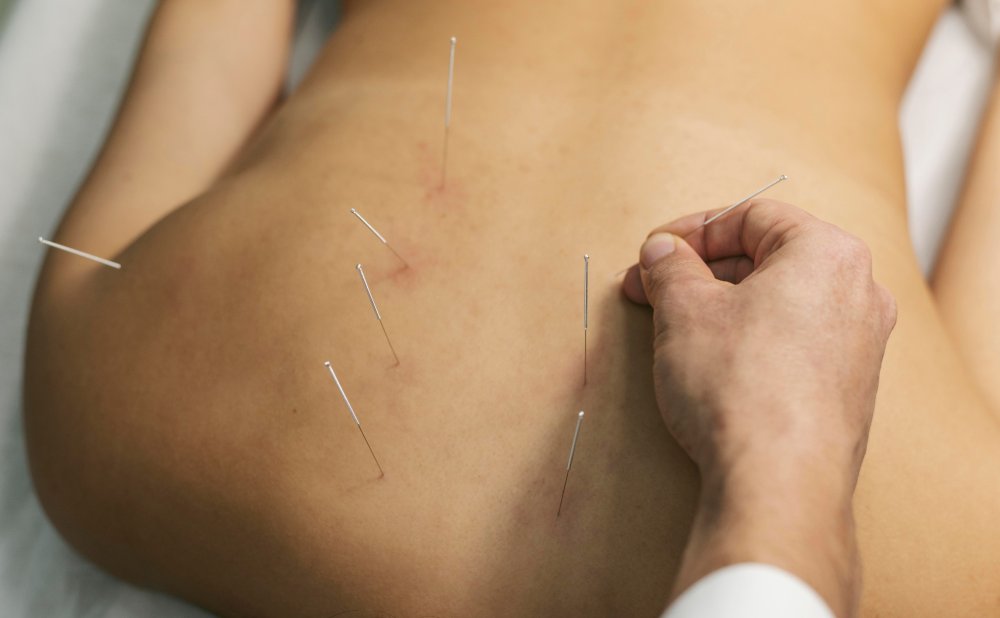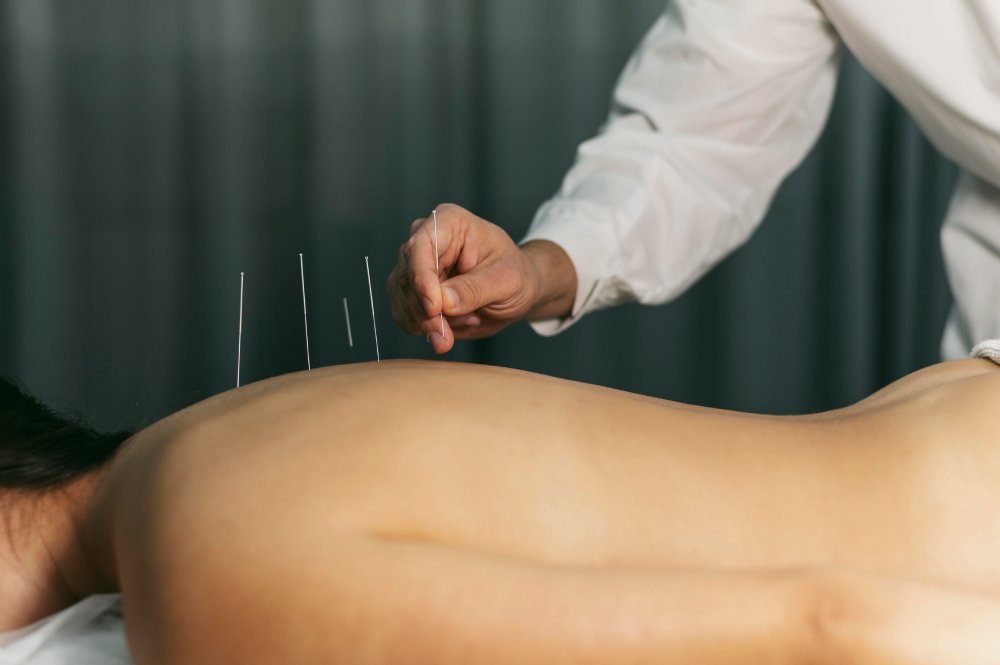Easing Tennis Elbow Pain with Acupuncture: Targeted Pain Relief – A Deeper Dive
Tennis elbow, or lateral epicondylitis, is a painful condition caused by overuse of the forearm muscles and tendons. It’s not just athletes who suffer—anyone who engages in repetitive arm motions, such as office workers, manual laborers, and musicians, can develop this condition. The pain, often centered around the outer elbow, can make even simple tasks like lifting objects, gripping, or shaking hands difficult. Left untreated, it can persist for months, interfering with daily life and work.
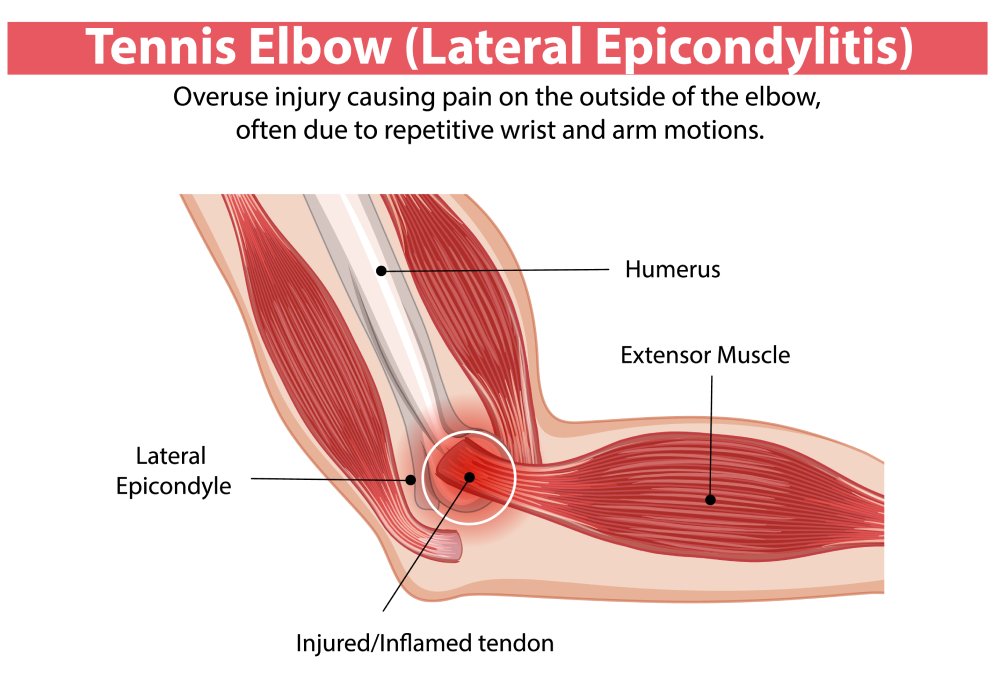
What Is a Tennis Elbow? Causes and Symptoms
Tennis elbow occurs when the tendons that connect the forearm muscles to the elbow become strained, inflamed, or develop tiny tears. The repeated stress weakens the tendon over time, making it painful and difficult to use the affected arm.
Common Causes:
- Repetitive Motions – Activities like typing, painting, playing instruments, or using hand tools can contribute.
- Poor Technique in Sports – Incorrect form in tennis, golf, or weightlifting can put extra strain on the elbow.
- Aging and Wear-and-Tear – The condition is most common in individuals between 30 and 50 years old.
- Lack of Proper Recovery – Failing to give the muscles adequate rest after intense activity can increase the risk of developing tennis elbow.
Symptoms of Tennis Elbow:
- Pain and tenderness on the outer elbow
- Weak grip strength
- Pain that worsens with gripping or lifting objects
- Stiffness and discomfort in the forearm
- Pain that radiates down the forearm
- Increased discomfort when performing twisting motions, such as turning a doorknob or opening a jar
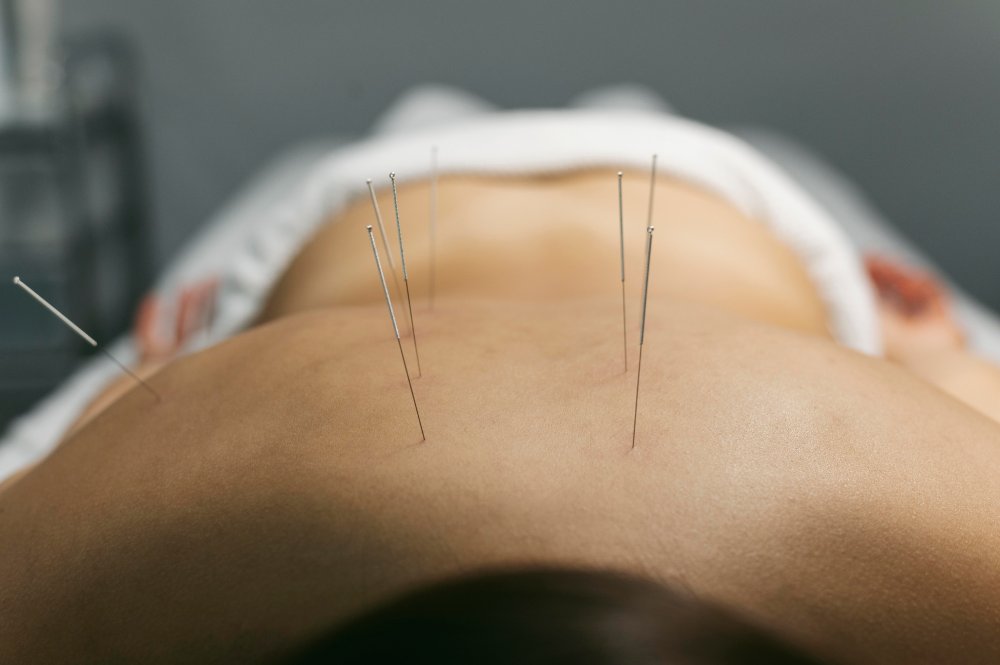
How does acupuncture help for tennis elbows?
Acupuncture is a time-tested therapy that stimulates the body’s natural healing response. By inserting fine, sterile needles into specific acupuncture points, this treatment offers several key benefits for tennis elbow relief:
- Pain Reduction – Acupuncture triggers the release of endorphins, the body’s natural painkillers, helping to alleviate discomfort.
- Improved Blood Circulation – Increased circulation brings oxygen and nutrients to the affected tendons, accelerating healing and tissue repair.
- Reduced Inflammation – Acupuncture helps regulate inflammation, addressing one of the root causes of pain and stiffness.
- Muscle Relaxation – Tense and overworked muscles around the elbow can loosen up, alleviating discomfort and stiffness.
- Enhanced Mobility – As pain subsides and inflammation decreases, range of motion improves, allowing for easier movement.
- Support for Long-Term Healing – Acupuncture doesn’t just mask the symptoms; it encourages deeper tissue repair, reducing the likelihood of recurring pain.
How Many Acupuncture Sessions Are Needed for Tennis Elbow?
The number of acupuncture sessions required varies based on the severity of the condition. Many patients begin to experience relief within four to six sessions, while chronic cases may require eight to twelve treatments for lasting results.
For best results, acupuncture should be part of a comprehensive treatment plan that includes:
- Stretching and Strengthening Exercises – Gentle movements can help improve mobility and restore muscle balance.
- Ergonomic Adjustments – Modifying workstations or sports techniques can help prevent further strain.
- Heat and Cold Therapy – Alternating between hot and cold compresses can aid in reducing swelling and stiffness.
- Dietary and Lifestyle Changes – Anti-inflammatory foods and hydration can further support recovery.
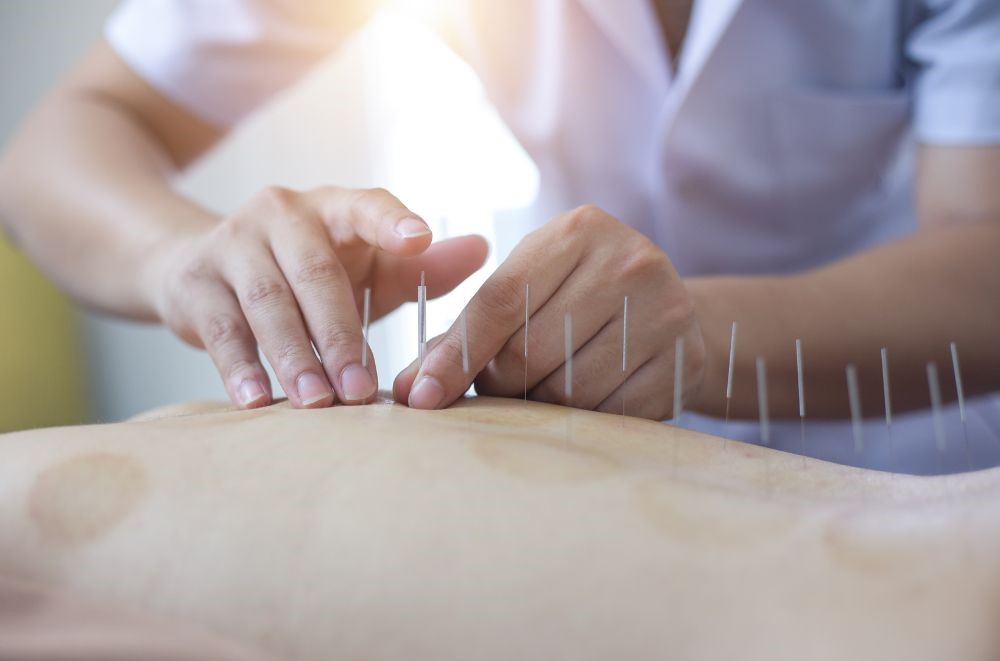
Overcoming Tennis Elbow Pain Naturally
Tennis elbow can be a frustrating and persistent condition, affecting daily activities and overall quality of life. While conventional treatments can provide temporary relief, acupuncture offers a natural and holistic approach to managing pain, reducing inflammation, and promoting long-term healing. By addressing the root cause of discomfort and enhancing the body’s self-repair mechanisms, acupuncture can be a valuable part of a comprehensive recovery plan.
Incorporating acupuncture into your treatment regimen may help speed up recovery while reducing dependence on pain medications or invasive procedures. The goal is not just to relieve symptoms but to restore full function and prevent re-injury.
Take the First Step Toward Recovery
If tennis elbow is interfering with daily activities and quality of life, acupuncture may provide the relief needed.
📍 Address: 13 Hoylake Cres, West Lakes, SA 5021
📞 Phone: 0402 108 808 / 0406 412 808
✉️ Email: contact@adelaideacupuncture.com.au
🕘 Opening Hours: Mon-Fri: 9:00 AM – 6:00 PM | Sat-Sun: 10:00 AM – 4:00 PM
Don’t let tennis elbow pain hold you back—schedule an acupuncture appointment today and regain pain-free movement!


